Britain was not a militarised state on the scale of many others. This was a blessing. Specifically, the sea, and the Royal Navy which maintained global maritime dominance for two centuries, were blessings. As a result, our nation did not experience compulsory military service after the feudal system died out. This meant that a rise in militarism did not accompany the rise of the modern state. Resources and energy were devoted to more productive uses. The government was small, and the people were free, at least by the standards of our excessively taxed and regulated present.
We still had wars, but they were limited, not total. The more British control spread the less war there actually was. The 19th Century (The British Century) was the most peaceful and most stable the world has known.
The errors of the 20th Century changed that and saw two world wars fought in the continental style with massive conscript armies. The Great War, in particular, changed our nation, diminished and deformed us. The second great war came along less than a generation later to complete our impoverishment and exhaustion. In its wake, our national greatness waned. As it did so, we looked back via film, documentary, book, and comic to the war as our “finest hour”.
This was done in a very British way of course. Not for us the gung-ho style of American war films. No, we made films like:
Ice Cold in Alex
The Battle of Britain
The Bridge over the River Kawi
And the Dambusters
These showed a human side to war, and a frailty in our heroes. They celebrated collective determination as much as individual heroism. They became a large part of the national myth we told ourselves about who we are. I grew up watching these films. They influenced my whole generation, especially the men and boys. I still have great affection for them; they are like old friends.
But they are old friends of a different age; from the past. They neither represent our present reality nor our current aspirations. They are fond but fading memories of what we used to be or aspire to be — dear friends who have left our shores and would not recognise or understand what we have become were they to return.
And that is not all. I have started to reject some of the lessons they taught me.
The lesson I want to discuss in this article is the assumption that, although they are fallible and human, we can trust our leaders to act in the nation’s best interests and that we should rally to them in times of crisis and, for the common good, we should follow their commands. I am sorry but I no longer trust our rulers to make decisions that will send our young men to fight. My reason is that, in my lifetime, the wars have become ever more reckless and counterproductive.
It started alright. Premier Harold Wilson kept us out of Vietnam. He did this despite United States pressure, both geopolitical and economic. The US National Security Advisor, McGeorge Bundy, expressed the link between US support for Sterling and British participation in the Vietnam War with the phrase:
… a battalion would be worth a billion.
Although such a link never became official US policy, economic pressure clearly existed. More direct pressure was also evident. US Ambassador to Great Britain, David Bruce, in a November 1967 call to US Secretary of State Dean Rusk, noted that Rusk was in:
…a dour mood…caustic, even bitter, about the British…not sending troops to help us in Vietnam
Nevertheless, Wilson resisted all calls for British troops to join the fight, unlike his namesake in Australia, Prime Minister Harold Holt, who declared on 30th June 1966 that he would go:
All the way with LBJ.
Wilson instead followed a policy of intellectual and moral support for the United States, resisting simplistic and politically motivated howls from the left of his own Labour Party as he did so. He also energetically pursued peace. The key point is he resisted pressure from the superpower that was the United States and steered a difficult path politically, all whilst getting the big decision right: no British troops in Vietnam.
Also on the positive side of the ledger is the Falklands War. This was a war for the liberty of our people and to resist conquest. In that conflict, Prime Minister Margaret Thatcher got the important decision right. At huge risk, military, logistic, technical, and political, she decided that aggression would not be allowed to succeed. She proclaimed that the British people on the Falkland Islands would be defended. The Task Force was despatched and succeeded in that goal.
But after that things went downhill fast.
The Gulf War of 1990 and 1991 was also to repel invasion, albeit Geopolitics and strategic oil supplies played their part. The operation, named “Desert Storm” was an overwhelming military success.
But it was accompanied by many lies. The most famous of the deceptions was Nayirah’s testimony given at the United States Congressional Human Rights Caucus:
While I was there, I saw the Iraqi soldiers coming into the hospital with guns and go into the room where 15 babies were in incubators. They took the babies out of the incubators, took the incubators and left the babies on the cold floor to die.
The chairmen of the Congressional group, Tom Lantos, a California Democrat, and John Edward Porter, an Illinois Republican, explained that Nayirah's identity would be kept secret to protect her family from reprisals in occupied Kuwait. Only later, after the war, did we discover that this was no ordinary refugee. Nayirah was the daughter of the Kuwaiti ambassador to the United States, Saud Nasser Al-Saud Al-Sabah. Furthermore, she had been coached by the public relations firm, Hill and Knowlton, who were employed by the Kuwait Government. In the immediate aftermath of the war, in March 1991, the story was shown to be almost certainly false by an ABC reporter, John Martin who interviewed hospital doctors who stayed in Kuwait throughout the occupation.
This testimony was, in short, atrocity propaganda. It was part of a sophisticated and expensive PR campaign. John R. MacArthur, author of “Second Front: Censorship and Propaganda in the Gulf War” said of this:
In the end, the question was not whether H&K effectively altered public opinion, but whether the combined efforts of America’s own government, foreign interests, and private PR and lobbying campaigns drowned out decent and rational, unemotional debate.
Now the background to this is of course that the Iraqi army, directed by Saddam Hussein, did invade its neighbour; and did commit crimes and atrocities. But the pattern was set. In our modern era, the information age, the war for public opinion is key. This was to be the second front of all the wars that were to follow.
A bitter and long-lasting postscript to the conflict was the plight of the Marsh Arabs who are a mostly Shi’a Muslim population that inhabit the wetlands of Southern Iraq, at the confluence of the Tigris and Euphrates Rivers.
American President, George HW Bush, broadcast on 15th February 1991 stating:
There is another way for the bloodshed to stop: and that is, for the Iraqi military and the Iraqi people to take matters into their own hands and force Saddam Hussein, the dictator, to step aside and then comply with the United Nations' resolutions and rejoin the family of peace-loving nations.
On February 24 Salah Omar al-Ali, an exiled former member of the ruling Va’ath Party spoke on the Voice of Free Iraq radio saying:
Rise to save the homeland from the clutches of dictatorship so that you can devote yourself to avoiding the dangers of the continuation of the war and destruction. Honorable Sons of the Tigris and Euphrates, at these decisive moments of your life, and while facing the danger of death at the hands of foreign forces, you have no option in order to survive and defend the homeland but put an end to the dictator and his criminal gang.
Extensive uprisings against the Saddam Hussein regime ignited in the days following the end of the war. Initially successful, these were not supported by the coalition forces encamped just over the border in Kuwait and were brutally suppressed by forces loyal to Saddam and the Iraqi government. Human Rights Watch believes that the suppression of the revolt and repression of the Marsh Arab population that followed it included:
Murder of thousands of unarmed civilians following the abortive March 1991 uprising, through summary execution and the indiscriminate bombardment and shelling of residential areas in towns and villages in the vicinity of Basra, al-Nasiriyya, al-`Amara and across the marshes region; and:
Forcible population transfer-coercive expulsion of part of the Marsh Arab population from their native villages to settlements on dry land on the outskirts of the marshes and along major highways to facilitate government control over them;
The sight of this slaughter happening in front of the coalition army who would not intervene underlined the failure of leadership in the West. Our leader then was John Major. I remember looking on, shocked at his decision-making. His, and President Bush’s, failure to stand up and be counted when it mattered most, and their failure when it came to the most important decision points, form the strongest memories I have of the entire affair.
Of course much worse was to follow. The military invasion and regime change in Afghanistan were based on a series of lies concerning 9/11 and Osama Bin Laden. There was no solid evidence linking Bin Laden to the events in New York and Washington despite the FBI on their website currently claiming the opposite:
The FBI and its partners quickly learned that the 9/11 attacks were carried out by bin Laden’s terrorist organization. The 19 men who hijacked and crashed the four planes were all trained by al Qaeda, and bin Laden eventually admitted to his role in orchestrating the attacks.
There is insufficient space here to analyse these claims in detail, but in short I would categorise this short paragraph as consisting only of lies and fabrications. Nevertheless, with the narrative in place and victory secured on the second front; the information war, the shooting war could proceed. Returning to the FBI narrative, they state that:
The U.S. and other nations joined military operations in Afghanistan to find him and other al Qaeda terrorists, but bin Laden managed to elude capture.
And with this embarrassing and short paragraph, the FBI announced that their falsehoods had been used to justify a war that was to last 20 years and end in a Taliban victory.
This was, however, merely the overture to the Second Gulf War — the Iraq War. This was utterly indefensible from the start. Fraudulent claims of weapons of mass destruction were made in the press, parliaments, Congress, and, at the United Nations, Colin Powell placed his seriousness and gravitas behind the case for a pre-emptive war on Iraq.
Everywhere lies abounded. David Kelly paid the price for his integrity. Many honest men and women paid the price for the deceptions practiced by others. But the public was not fooled. It was too obvious, too irrational, too blatant a deception. Our opposition did not matter. We went to war in any event. Something had changed by this point. Our leaders in the past had made errors, slips, and miscalculations and often showed a lack of foresight. But this was new. It was a leadership unconnected to the national mood and unconcerned with the national interest. It was marching to a different beat. It was leadership unworthy of the name. Tony Blair carries the responsibility. He failed where Wilson and Thatcher succeeded. His failure made that of John Major look modest.
And, then, followed the 2011 “humanitarian” War in Libya. Fought from the air, it comprised the establishment of a no-fly zone. We were told this would prevent a slaughter. What we got was Western airforces engaging to pick a side in a civil war and then, themselves, execute a slaughter. The UK Parliament Foreign Affairs Committee, not normally known for its dissenting views, described the decisions made as follows:
In March 2011, the UK and France led the international community to support an intervention in Libya to protect civilians from forces loyal to Muammar Gaddafi.
The inquiry concludes that decisions were not based on accurate intelligence. In particular, the Government failed to identify that the threat to civilians was overstated and that the rebels included a significant Islamist element.
A policy which had intended to protect civilians drifted towards regime change and was not underpinned by strategy to support and shape post-Gaddafi Libya. The consequence was political and economic collapse, inter-militia and inter-tribal welfare, humanitarian and migrant crises, widespread human rights violations and the growth of ISIL in North Africa.
Chair of the Foreign Affairs Committee, Crispin Blunt MP, commented:
This report determines that UK policy in Libya before and since the intervention of March 2011 was founded on erroneous assumptions and an incomplete understanding of the country and the situation.
The UK's actions in Libya were part of an ill-conceived intervention, the results of which are still playing out today.
In short, the country was destroyed. It has never recovered. Our leader then was David Cameron. If anything his failure was more slippery even than that of Tony Blair, and what is more, it was slipshod too.
And recently we have seen war in Ukraine, triggered by inept Western interference and the announcement of certain, although not immediate, Ukrainian NATO membership. This was declared at the meeting of the North Atlantic Council in Bucharest on 3 April 2008. The declaration included the following:
NATO welcomes Ukraine’s and Georgia’s Euro-Atlantic aspirations for membership in NATO. We agreed today that these countries will become members of NATO.
This statement was made despite US Ambassador in Moscow, William Burns, warning in a 1st February, 2008 memo titled:
NYET MEANS NYET: RUSSIA'S NATO ENLARGEMENT REDLINES
that
Following a muted first reaction to Ukraine's intent to seek a NATO Membership Action Plan (MAP) at the Bucharest summit (ref A), Foreign Minister Lavrov and other senior officials have reiterated strong opposition, stressing that Russia would view further eastward expansion as a potential military threat. NATO enlargement, particularly to Ukraine, remains "an emotional and neuralgic" issue for Russia, but strategic policy considerations also underlie strong opposition to NATO membership for Ukraine and Georgia. In Ukraine, these include fears that the issue could potentially split the country in two, leading to violence or even, some claim, civil war, which would force Russia to decide whether to intervene.
Burns further emphasised the importance of this issue in an email to then-Secretary of State Condoleezza Rice:
Ukrainian entry into NATO is the brightest of all red lines for the Russian elite (not just Putin). In more than two and a half years of conversations with key Russian players, from knuckle-draggers in the dark recesses of the Kremlin to Putin’s sharpest liberal critics, I have yet to find anyone who views Ukraine in NATO as anything other than a direct challenge to Russian interests.”
Burns added that it was hard to overstate the strategic consequences” of offering Ukraine NATO membership, which, he predicted, would “create fertile soil for Russian meddling in Crimea and eastern Ukraine.”
Whilst, at this time, we are not involved in direct fighting, our government has been a leader in supporting, funding, and justifying the conflict. It certainly did nothing to head off an entirely predictable catastrophe.
We are also yet to learn whether Prime Minister Boris Johnson undermined a peace offer. He claims that this is “total nonsense” and “Russian propaganda.” The accusations against Johnson came from David Arahamiya, the head of the Ukrainian delegation in talks with Russia who said that, while another round of talks was underway in Istanbul, Boris Johnson unexpectedly came to Kyiv on Apr. 9, 2022, and said that Ukraine “shouldn’t sign anything with them at all – and let’s just fight.” If true, this act of folly surpasses that of David Cameron in terms of unnecessary loss of life caused by a single decision.
I conclude that the pattern is clear. Since Margaret Thatcher left office we have had eight prime ministers and none have shown themselves capable of making decisions concerning war. I cannot see this as merely a run of bad luck. This is a secular shift. It is as if some restraint has been removed and the nation is exposed to levels of corruption and folly the like of which we have never seen before.
In writing this I am putting to one side, for the moment, my anti-war sentiment and principles. I am a Christian and look forward to the time when Christ rules and the world of men will “study war no more”:
I anticipate the Kingdom of God ruling the earth, and the peace spoken of by the prophets:
And he shall judge among many people, and rebuke strong nations afar off; and they shall beat their swords into plowshares, and their spears into pruninghooks: nation shall not lift up a sword against nation, neither shall they learn war any more. (Mic 4:3)
And also, as explained in a previous article, The Christian and The State, I must serve Christ and Him alone. I have no split or divided loyalty to the state. The First Century Christians were anti-war and were not military men, although certainly men of courage. They correctly saw the battle as spiritual and recognised that, until our Lord returns, the conflict would be for ideas, hearts, and minds. They had pledged their lives to the Lord and were willing to die for that cause. But they understood the meaning of :
My kingdom is not of this world: if my kingdom were of this world, then would my servants fight… (John 18:36).
But I also recognise that only the Church, that holy nation, operates in this age on those principles. No country, state, or empire can or will do so. Nation will continue to rise against nation, until Christ returns.
Both my grandfathers served in France in the First World War. Both volunteered as soon as war was declared. One lost his hearing, and the other was seriously wounded. My Father served in the Far East for the whole of the Second World War being in Singapore before the Japanese attack and not returning to the UK until after their surrender. I consider their efforts, courage, and suffering in the interest of our country to have been honourable, probably necessary and perhaps even worthwhile. I understand their reasons for fighting. I am not ashamed of them.
But something is different today. In the early 20th Century, three things stand out
The British government did not seek those conflicts
The British government’s primary aim at the outset of the war was the long-term security and safety of the nation.
The British government sought to deal only with inescapable realities.
In the more recent cases, these three statement cannot be made. Rather:
The British government sought or even manufactured those conflicts, or, more often, went along with the government of the United States as it did so.
The British government’s primary aim is carefully concealed and appears to have no relationship to the safety and security of the country.
The British government now deals mostly in fictions.
This is a sea change.
Much as I regret the wars of the 20th Century, and see them as avoidable catastrophes that hugely harmed our people, I understand the concerns that drove them to fight. I also appreciate the huge and unknowable risks that not fighting would have entailed. I do not envy the decision they were forced to make.
Now the decisions made by our rulers are indefensible and their attention is on driving the public herd in the direction they desire. So let me be quite clear: the leadership of our nation is now such that I would not want to see my son or grandson in uniform. For they would not be used for a noble or wise cause, but rather in the interests of unseen, unworthy, and unspeakable objectives.
This conclusion neither comes from a lack of love for my nation nor an unwillingness to endure sacrifice when the cause is just. It does not even come from my opposition to warfare for the waste of life that it entails. Rather this rejection of the assumptions I learned from the warfilms of the 50s and 60s comes entirely from the belief that my people are falling due to a lack of wisdom. This want is present from the bottom to the very top. And this deficiency is no temporary problem. Something ominous is coming.
We are Jacob and our trouble is approaching. Soon, a different type of courage will be asked of our people. This will be first and foremost a spiritual fight. When we rally to our Redeemer it will be not with might, nor with pride. Rather it will be in humility and with repentence in our hearts And that, not the Battle of Britain, will be our finest hour.

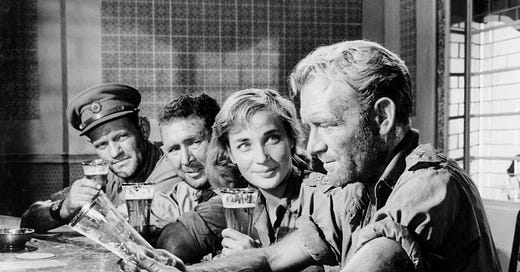




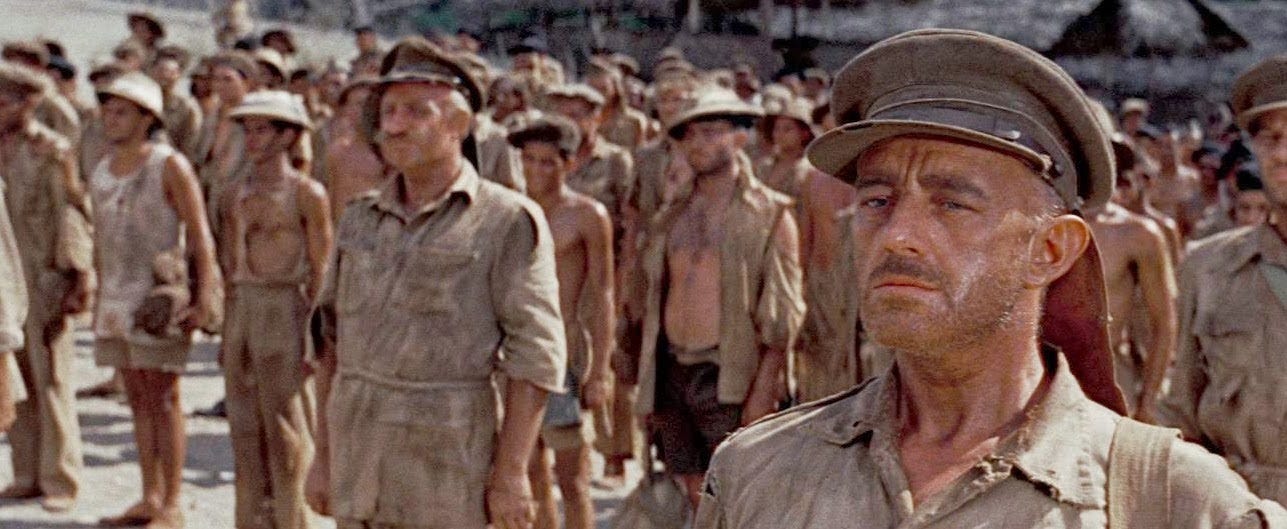
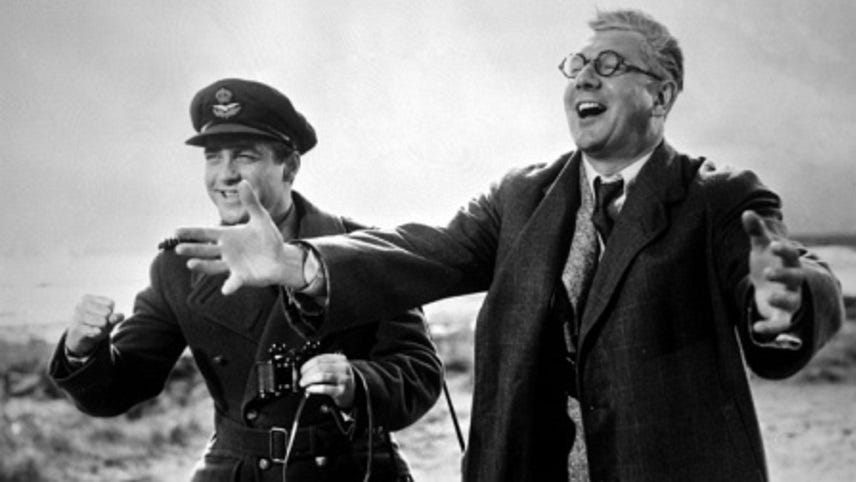

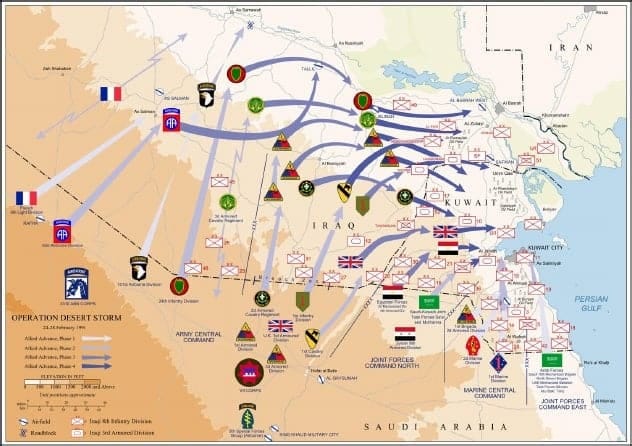
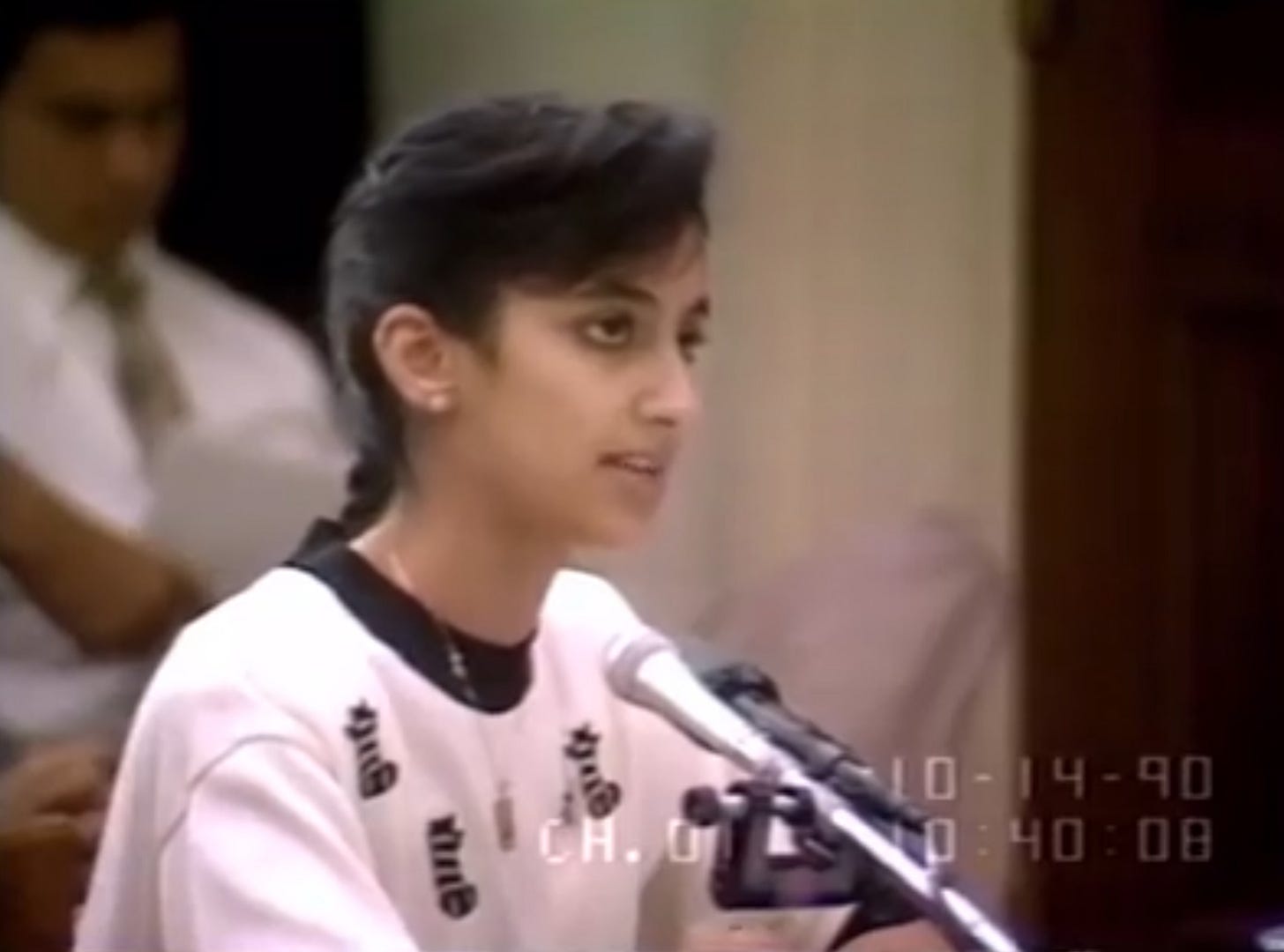
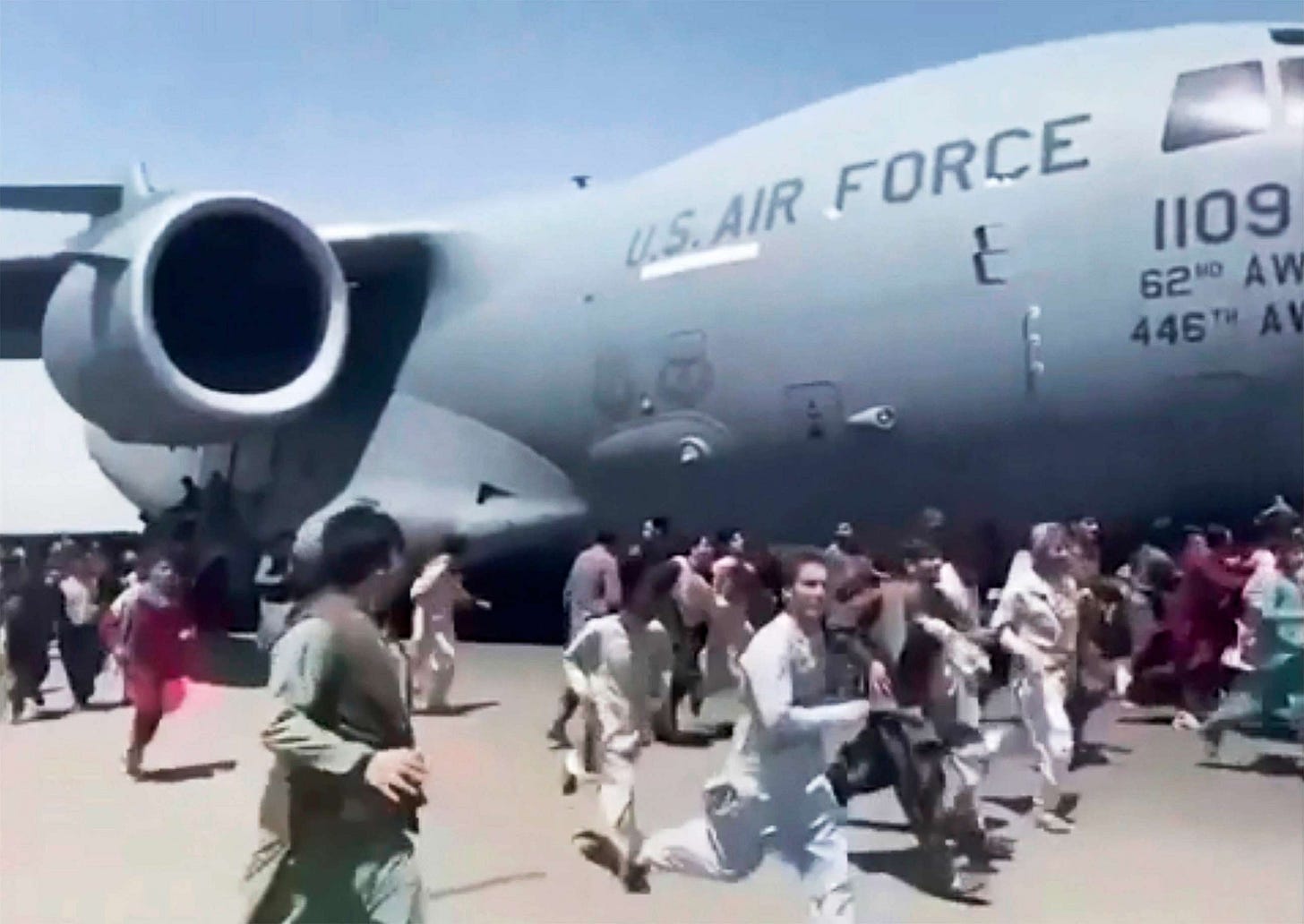
Well said, David. This issue has been increasingly troubling our nation, but the legacy media remains silent. How many would have been able to place Ukraine on a map 5 years ago? Or give an accurate explanation of the reasons for the conflict? And how many still believe, thanks to the BBC that the 'war' in Ukraine is still 'winnable'? Or be able to explain what a 'win' would look like? How many have any idea of what has been happening in Ukraine since the terrible events of 7 October 2023? And how many think that more have died in Gaza than in Ukraine? The scale of mendacity by our government equals the scale of gullibility of our fellow citizens. Awful.
Thank you David for another deep and challenging article.